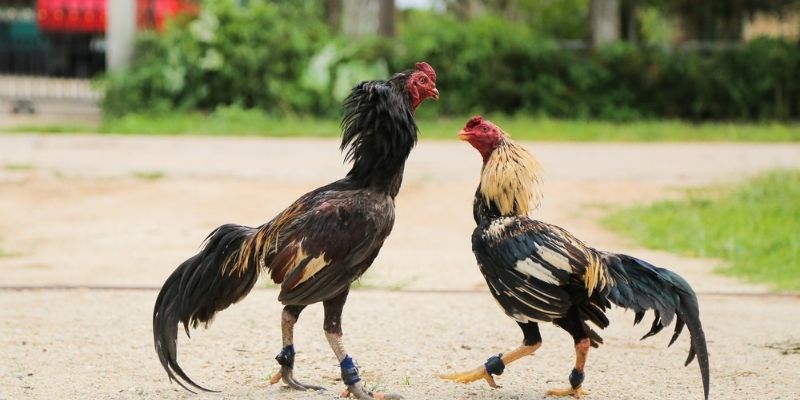(Page 100)
This unit includes:
LANGUAGE
Pronunciation
Rhythm
Vocabulary
Words and phrases related to the environment and ways to protect it
Grammar
Reported speech
SKILLS
Reading: Reading for main ideas and specific information in a text about
environmental problems
Speaking: Talking about
environmental solutions
Listening: Listening for specific information in a conversation about ways to protect endangered animals
Writing: Writing about a wildlife organisation
COMMUNICATION AND
CULTURE / CLIL
Everyday English
Making and responding to
apologies
CLIL
Earth Hour
PROJECT
Doing research on a local or an international environmental organisation

I. GETTING STARTED
A presentation on the environment
1. Listen and read.
Nam's father: What are you doing, Nam?
Nam: I'm preparing a presentation for my geography class.
Nam's father: What's the topic?
Nam: It's environmental protection. My teacher asked me to do some research, but I don't know where to start.
Nam's father: I think you should identify some environmental problems first. What have you found so far?
Nam: I've come up with a range of environmental issues such as global warming, deforestation, endangered animals and pollution, but I don't know how to organise them.
(Page 101)
Nam's father: You should focus on each problem, explain the main causes of it, and then suggest the solutions.
Nam: Thanks, Dad. But presenting all the solutions will be hard.
Nam's father: Have you asked your teacher for advice?
Nam: Yes, I have. She advised me to start with small, practical actions to protect the environment before coming up with big ideas that need a lot of effort or money to succeed.
Nam's father: Sounds good. You'd better follow her advice. When did she ask you to present it?
Nam: She said I should present it the following week.
Nam's father: You still have a lot of time.
Nam: Good luck! Thanks, Dad.
2. Read the conversation again and answer the questions.
1. What did Nam's teacher ask him to do?
2. What has Nam come up with so far?
3. When does Nam have to deliver the presentation?
3. Match the words in A with the words in B to form phrases.
| A | B |
| 1. global | a. animals |
| 2. practical | b. issues |
| 3. environmental | c. actions |
| 4. endangered | d. warming |
4. Complete the following sentences with verbs from the conversation in 1.
1. My teacher ____ me to do some research on environmental protection.
2. She _____ me to start with small, practical actions to protect the environment.
3. She _____ I should deliver my presentation the following week.



































